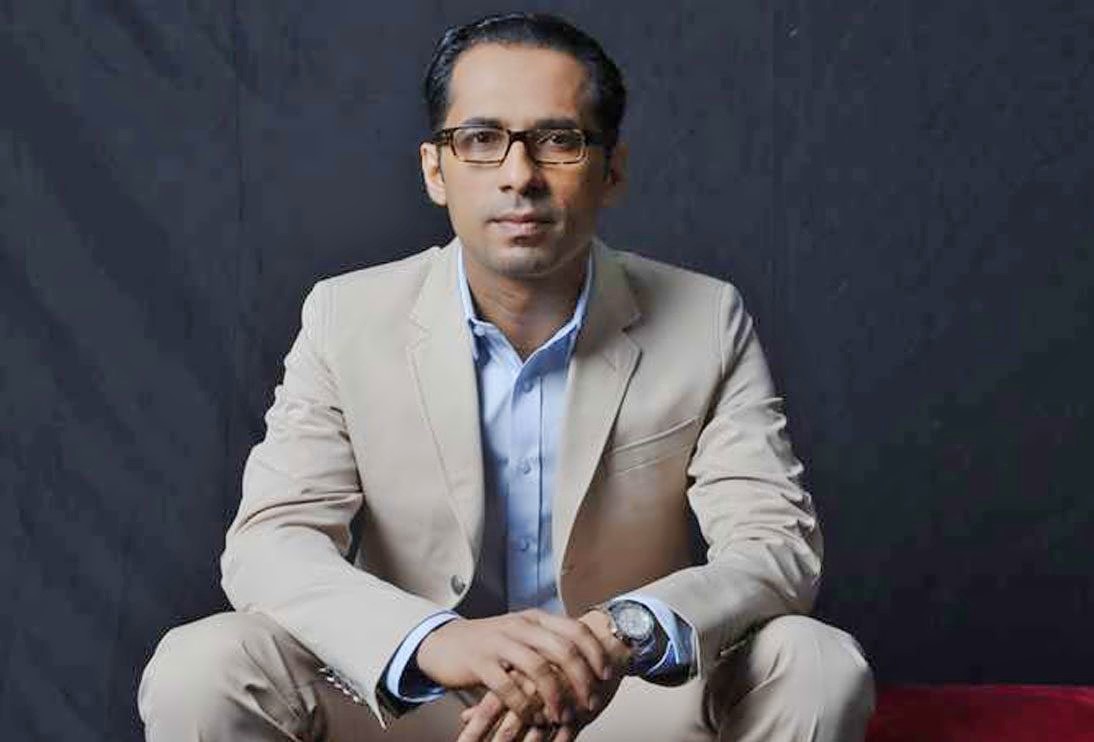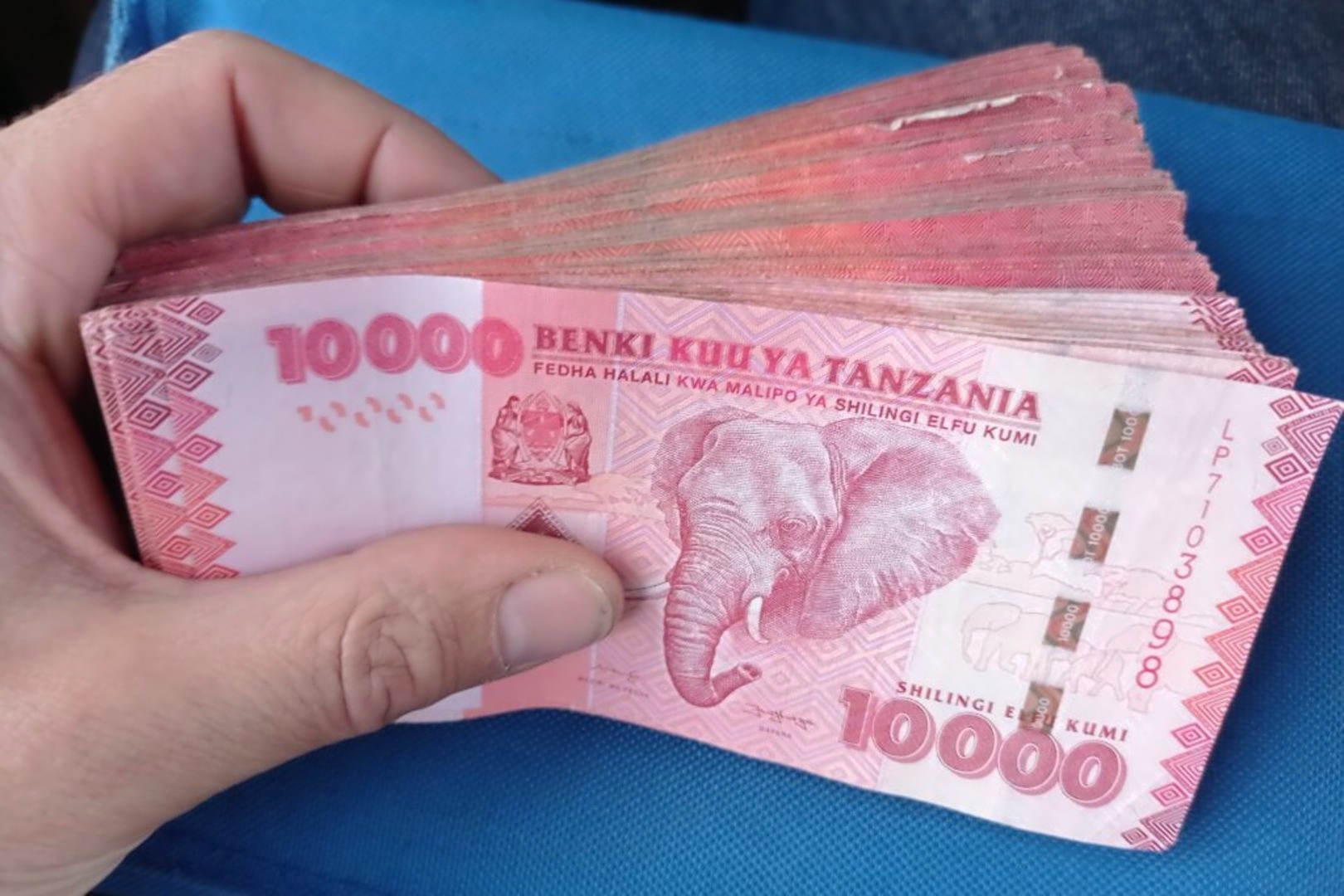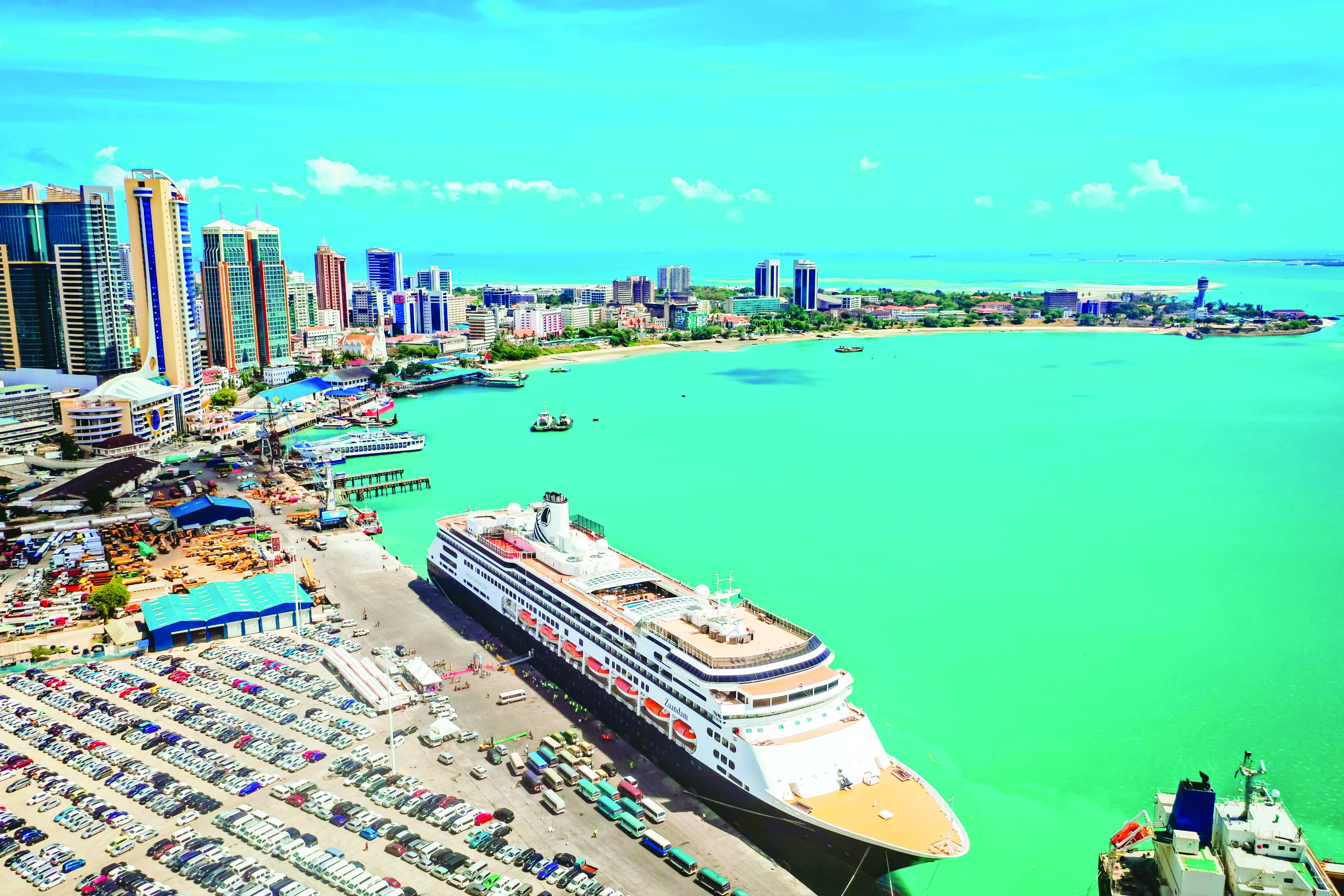In Rwanda, genocide commemorations are infused with political and diplomatic agendas

The remembrance flame is seen for the 27th Commemoration of the 1994 Genocide against the Tutsi at the Kigali Genocide Memorial in Kigali, Rwanda, on April 7, 2021.
Simon Wohlfahrt | AFP
Created in 2003, the National Commission for the Fight Against Genocide is responsible for Rwanda’s genocide remembrance policy. It is a programme that has, over time, influenced all aspects of politics across all sectors.
Each year, on April 7, themed memorial events are organised by the commission, in close collaboration with the president. This article addresses the period following the 20th anniversary of the Rwandan Civil War and its 1994 genocide.
What follows is a review of the commemorations from 2014 to the present – and a view on the challenges ahead.
2014 - 2019: internationalising the remembrance
In 2014 Rwanda entered the final phase of its genocide remembrance public policy, the “second internationalisation” phase. The aim was to urge recognition and commemoration of the Rwandan genocide as an ethical obligation across the world.
This gave rise to commemorations in Kigali in 2014 that were considered particularly offensive, especially by the French government. On the morning of the event, the French ambassador’s accreditation was withdrawn. The day culminated in an accusatory speech by Rwandan president Paul Kagame at a ceremony attended by the UN Secretary General and foreign heads of state.
With widespread international genocide commemorations in 2017, Rwanda submitted a draft resolution to the United Nations General Assembly to rename the day. On 26 January 2018, the assembly adopted a decision – without vote – for the “International Day of Reflection on the 1994 Genocide in Rwanda” to become the “International Day of Reflection on the 1994 Genocide against the Tutsi in Rwanda”. This decision was highly criticised, given the new name excludes victims from other ethnic groups.
In 2019, the 25th anniversary commemorations consecrated the international community’s recognition of its responsibility towards the genocide and unwillingness to try to stop it. Official ceremonies were characterised by remorse from many countries.
Even France, usually in the crosshairs, was spared. A few months prior, a French court had dismissed a case against prominent Rwandans for the 6 April 1994 attack on Rwandan president Juvenal Habyarimana’s plane. This sparked the genocide.
A long-running dispute between France and the new Rwandan regime was resolved. But even as the investigation was being closed in 2017, Rwanda enlisted a prestigious US law firm to explore bringing France before international courts for complicity in genocide.
In a 2019 declaration, French president Emmanuel Macron highlighted his desire to “break with the way in which France had understood and taught the Tutsi genocide”. He made 7 April a French national day of commemoration and a commission was set up “to examine all French archives relating to Rwanda between 1990 and 1994”. A French court also dismissed a case against French officers involved in Operation Turquoise in Rwanda.
This indicated an educational approach towards French sovereign institutions, who were invited to recognise the “errors” of the past.
2020: the return of controversial commemorations
The 2020 anniversary was particularly complicated for Rwanda. On top of Covid-19 restrictions and on the eve of commemorations, the UN secretary general António Guterres and UN General Assembly president Volkan Bozkir unexpectedly questioned the new title.
Guterres specified that among the one million people murdered in the genocide, “the victims were overwhelmingly Tutsi, but also included Hutu and others who opposed the genocide”.
The following day, 7 April, Kagame’s short public declaration took note of the statements. It was addressed to “all Rwandans”, speaking of “what happened to our country and what we learned”. It didn’t specifically mention the “genocide against the Tutsi”.
Such a transgression of the official wording drew such criticism from survivor organisations that Kagame eventually backtracked.
Rwanda’s draft resolution required a formal vote to be passed in the UN General Assembly. During debates, the US and UK denounced the rewriting of history implied by this wording. Following Rwandan pressure, the resolution was nevertheless passed.
Rwanda lamented the US and UK positions, saying they “bring ambiguity that feeds the resurgent genocide denial movement” in the Great Lakes Region.
All objectives of the active commemoration policy promoted by the National Commission for the Fight Against Genocide have therefore been formally achieved. The “genocide against the Tutsi in Rwanda” is now recognised and commemorated internationally as an ethical obligation. So is the genocide remembrance policy, now divorced from its historical context.
By dissociating the genocide from actions undertaken by the two politico-military blocs during the 1990–94 war, Rwanda’s official version has ended the debates that characterise the historical work relating to this region since independence.
It’s no longer a matter of rebuilding, using factual research to provide depth. It is about criminalising those who dare to disagree, citing various genocide denial laws.
2021: Rwanda’s other fights
In 2021, two major events provided the backdrop to commemorations. On 26 March, a report on French archives relating to the genocide was published. It was followed by the announcement that Macron would likely travel to Rwanda. In Kigali, everything pointed towards the commemorations capitalising on these advances.
They were indeed capitalised on, but Kagame’s long speech consisted mainly of justifying the authorities’ resolutions. He denounced countries that have not tried genocidal perpetrators living on their soil and refused to extradite them to Rwanda. “It’s the same people who question the use of ‘Genocide against Tutsi’,” he said. “But the problem of definitions started way back in 1994, of just simply naming what it was.”
The accusations are surprising, given that Kigali is preparing to host a meeting of the Commonwealth in June. Rwanda’s membership goes beyond the fact that part of the population speaks English. It’s mainly based on adhering to the Commonwealth Charter values, including human rights.
Rwanda’s human rights violations have been denounced by major Anglo-Saxon human rights organisations Human Rights Watch and Amnesty International. In rebuttal, Kagame has quoted the French archive report, that then French president François Mitterrand “knew that a genocide against Tutsi was being planned by their allies in Rwanda”. The French report in fact provides strong critique of France’s role supporting the Habyarimana regime between 1990 and 1994, but stops short of stating France was complicit in the genocide.
But the most important part was yet to come. On 19 April, Rwandan authorities finally revealed their own “investigative report” on France’s role in the genocide. This was updated in light of the French report’s conclusions, but was much harsher. According to Rwanda’s foreign affairs minister, French political leaders “enabled a foreseeable genocide”.
The report states France did not participate in the genocide and “the French government is not complicit. But it’s a question of law and the Rwandan government will not bring this question before a court.” In this way, the foundations for a “healthy relationship” have been laid, contingent on an official apology, which “would be a step in the right direction to rebuild trust”.
2022: challenges ahead
It seems next year’s commemorations will involve a wealth of events. It’s worth mentioning two other international commemorations concerning Rwanda in 2022. The first will be held on 1 July, the anniversary shared by “warring brothers” Rwanda and Burundi, celebrating 60 years of independence.
In Rwanda, July 1 is just a bank holiday and the regime will probably continue to mainly celebrate July 4, the date that they took Kigali in 1994. In Burundi, it’s the opposite. Authorities intend to give strong meaning to July 1, remembering both independence and the 50th anniversary of the genocide against the Hutu in 1972. Giving recognition to this “hidden” genocide will be at the heart of commemorations.
The various massacres and genocides in 1959–61, 1965, 1969, 1972, 1988, 1973, 1993–94 and 2015 remain profoundly fixed in the memories of both Burundians and Rwandans. The “Tutsi” domination of Burundi and “Hutu” domination of Rwanda (now reversed after two civil wars) have established the political authoritarianism of the military regimes. The debate sparked about commemorating one group of victims over the other will endure in various forms.
For the vast majority of Burundians, 50 years after the 1972 genocide and a return to peace, it is high time to honour the memory of all victims of national divisions. Debates established by Burundi’s Truth and Reconciliation Commission alongside the current work of exhuming and registering genocide victims, have allowed for liberating moments of expression for Hutu and Tutsi populations.
This could finally pave the way for the writing of a plural, shared, national history.
Report by André Guichaoua, Professeur des universités, Université Paris 1 Panthéon-Sorbonne




